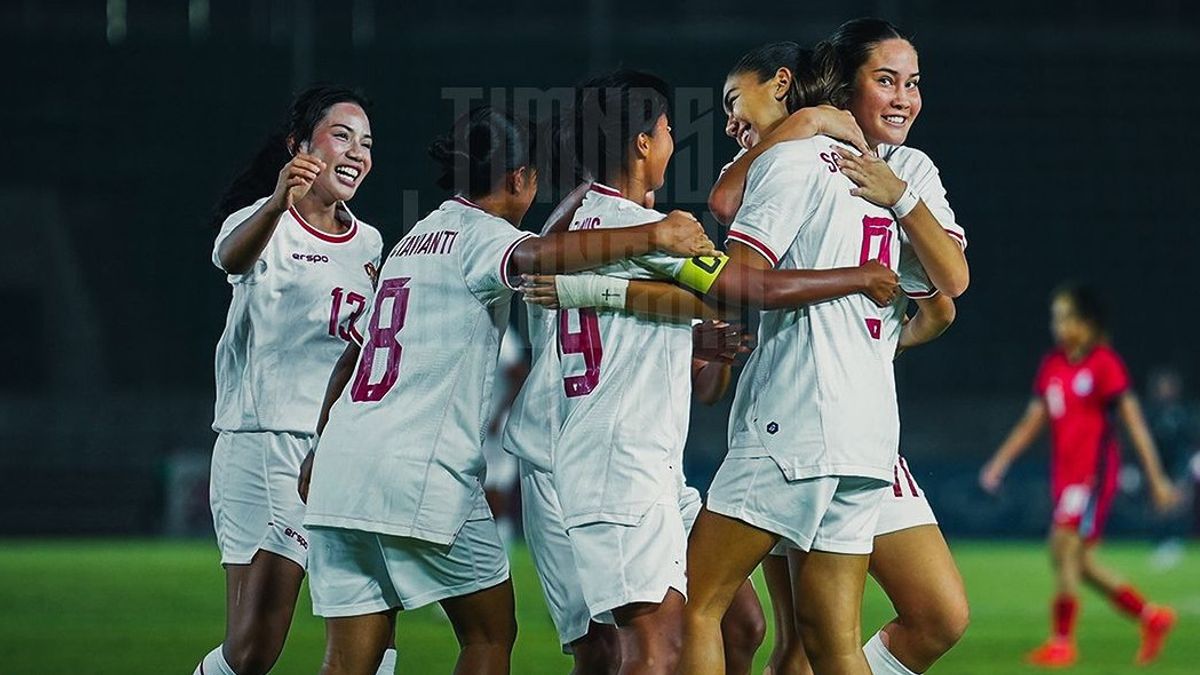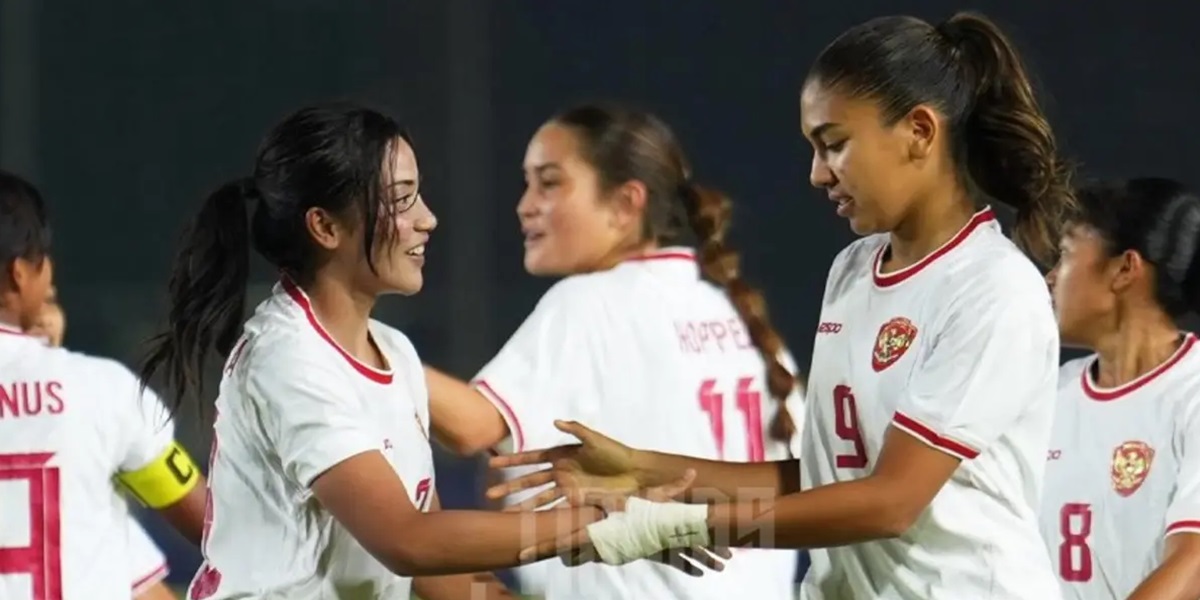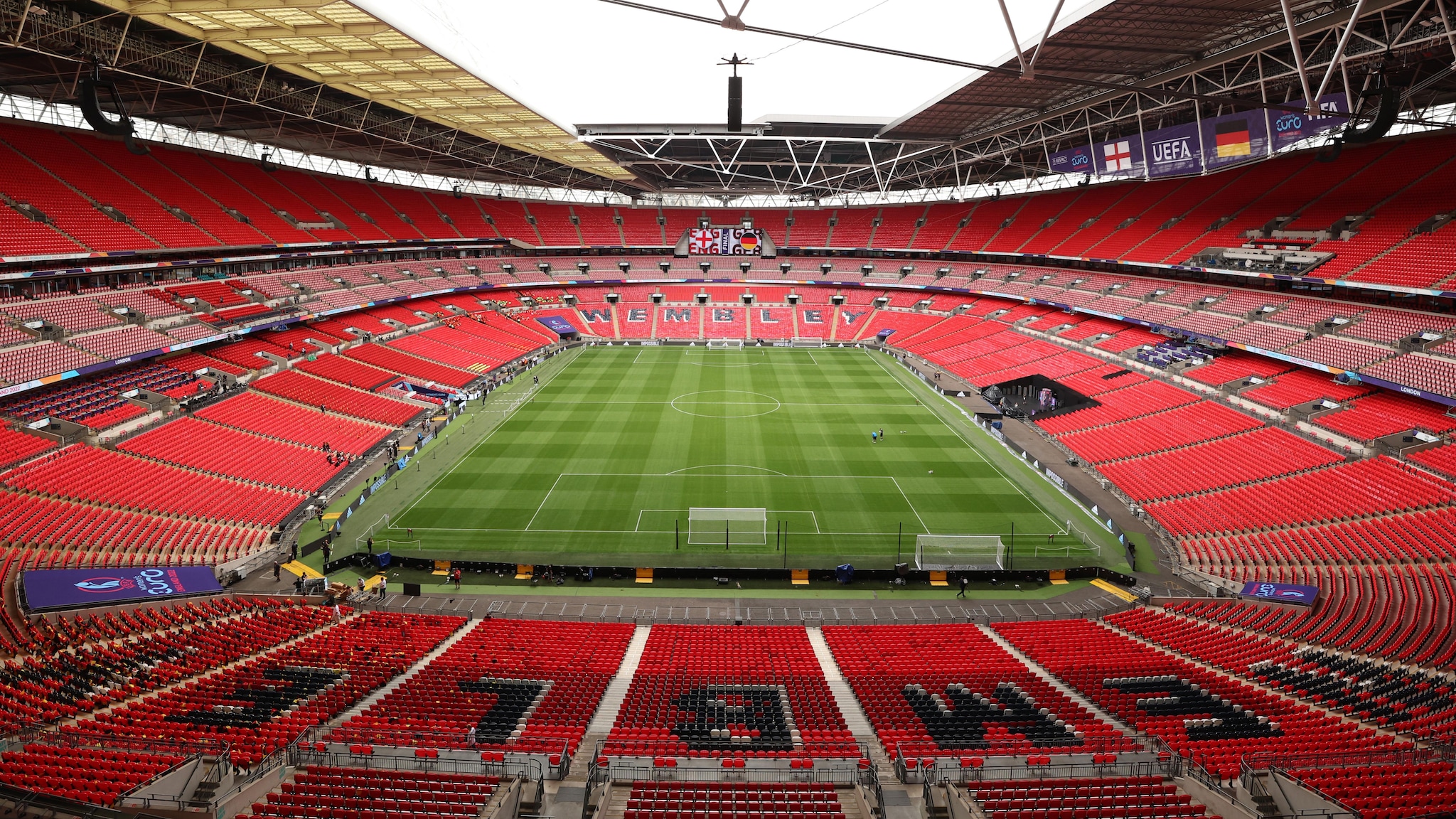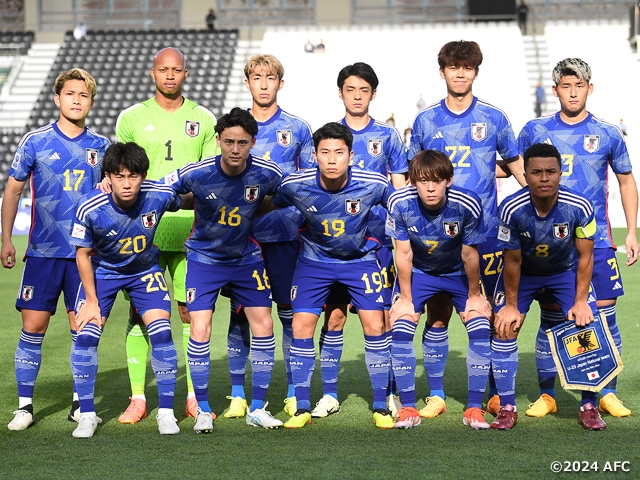
The Unfolding Path: A Deep Dive into the Indonesia Women’s National Team’s Schedule and Aspirations
The beautiful game of football has seen a remarkable surge in global interest and investment in its women’s counterpart. From record-breaking attendances at the FIFA Women’s World Cup to growing professional leagues, the landscape is undeniably shifting. In Southeast Asia, and particularly in Indonesia, this wave of progress is met with a unique blend of passionate support, inherent challenges, and an unwavering spirit embodied by the "Garuda Pertiwi" – the Indonesia Women’s National Team. Their schedule, far from being just a list of dates, represents a dynamic blueprint for development, a test of resilience, and a canvas for national aspirations.
To understand the significance of the Garuda Pertiwi’s itinerary, one must first grasp the context of women’s football in Indonesia. Historically, the sport faced significant hurdles, from limited funding and infrastructure to societal perceptions. However, in recent years, the Football Association of Indonesia (PSSI) has shown a renewed commitment, investing in grassroots development, establishing a women’s league (though still nascent), and appointing experienced international coaches. The arrival of Japanese tactician Satoru Mochizuki, with his extensive background in developing women’s football, underscores this serious intent. His vision for the team is not merely about winning individual matches, but about building a sustainable, competitive program capable of challenging Asia’s elite.
The Garuda Pertiwi’s schedule is therefore a carefully constructed pathway, balancing immediate competitive demands with long-term developmental goals. It typically revolves around several key international tournaments and qualifiers, interspersed with crucial training camps and strategic friendly matches.
The Pillars of the Garuda Pertiwi’s Calendar: Key Competitions
1. AFC Women’s Asian Cup Qualifiers: The Gateway to Continental and Global Stages
The AFC Women’s Asian Cup is the premier women’s football competition in Asia, serving not only as a continental championship but also as the qualification tournament for the FIFA Women’s World Cup. For Indonesia, participation in these qualifiers is paramount. Their return to the AFC Women’s Asian Cup in 2022 after a 33-year absence was a monumental achievement, even if the results on the field highlighted the significant gap that still needs to be bridged with Asia’s top-tier nations like Japan, South Korea, China, and Australia.
The next cycle of AFC Women’s Asian Cup qualifiers is expected to commence in late 2024 or early 2025. This period will be a critical juncture for Coach Mochizuki’s squad. The schedule leading up to these qualifiers will be intensive, featuring:
- Extended Training Camps: These camps, often held at national training centers or even abroad to escape the tropical heat and access better facilities, will focus on physical conditioning, tactical understanding, and team cohesion. Mochizuki will be honing specific formations, set-piece routines, and defensive and offensive transitions.
- Strategic International Friendlies: PSSI will likely arrange friendly matches against teams of varying strengths, particularly those from Southeast Asia or lower-ranked Asian nations. For example, a three-match series against a team like Vietnam or Thailand (even if they are stronger) would offer invaluable experience, while matches against teams like Singapore or Malaysia could provide opportunities to test new players and tactics in a competitive environment. These friendlies are crucial for identifying strengths, addressing weaknesses, and building match fitness without the pressure of knockout competition.
- Talent Identification and Integration: Leading up to the qualifiers, the coaching staff will also be actively scouting for new talent, particularly from the domestic league or Indonesian players based abroad. Integrating these new players into the existing squad structure will be a continuous process throughout the preparatory phase.
The matches themselves will likely be played in a centralized qualifying format or a home-and-away group stage, depending on the number of participating nations. Each match will be a high-stakes affair, with the Garuda Pertiwi aiming to demonstrate improved competitiveness, secure vital points, and potentially advance further than in previous campaigns.
2. Olympic Football Tournament Qualifiers: The Ultimate Global Dream
The Olympic Games represent the pinnacle of sporting achievement, and for any football team, qualifying for them is a dream. The AFC Olympic Qualifiers are notoriously challenging, with only a limited number of slots available for Asian nations. While qualifying for the Olympics might seem a distant goal for Indonesia at present, participating in these qualifiers is an indispensable part of their developmental journey.
The Olympic qualification process typically spans multiple rounds, often overlapping with the AFC Asian Cup cycle. For instance, the first round of qualifiers for the 2028 Olympics might kick off in 2026. The Garuda Pertiwi’s schedule for this period would mirror the intensity of Asian Cup preparations, but with an added layer of urgency given the prestige of the event.
- Focus on Depth and Versatility: Olympic qualifiers often involve tight turnarounds between matches, demanding a squad with significant depth and players capable of performing in multiple positions. The schedule would therefore incorporate drills and tactical sessions designed to enhance player versatility and resilience.
- Mental Fortitude: The pressure of Olympic qualifiers is immense. Training regimens would also include psychological preparation, helping players manage stress and perform under high-stakes conditions.
Even if the team doesn’t qualify, the exposure to high-level international competition against some of Asia’s best teams is invaluable for the players’ growth and experience.
3. AFF Women’s Championship: Regional Pride and Regular Competition
The ASEAN Football Federation (AFF) Women’s Championship is a regional tournament held annually or biennially, offering a crucial platform for the Garuda Pertiwi to compete regularly against their Southeast Asian neighbors. This competition is vital for several reasons:
- Competitive Rhythm: It provides consistent competitive matches, allowing the team to test new tactics, integrate new players, and maintain match fitness outside of the more infrequent continental qualifiers.
- Regional Benchmarking: It offers a clear indication of where Indonesia stands within the Southeast Asian football hierarchy. Competing against established regional powers like Vietnam, Thailand, Myanmar, and the Philippines helps the team assess its progress and identify areas for improvement.
- Building Confidence: Strong performances in the AFF Championship can significantly boost team morale and confidence, which are crucial for success in more challenging continental competitions.
The schedule for the AFF Women’s Championship would involve a shorter, more intense preparation period compared to the longer cycles for AFC events. This typically includes:
- Pre-Tournament Camp: A focused camp weeks before the tournament to finalize the squad, refine tactics, and build team chemistry.
- Group Stage Matches: Usually three to four matches in a round-robin format.
- Knockout Rounds: If the team progresses, semi-finals and a final.
Indonesia’s aim in the AFF Championship is to consistently reach the semi-finals and eventually challenge for the title, solidifying their position as a regional force.
4. SEA Games (Southeast Asian Games): National Pride on a Multi-Sport Stage
The Southeast Asian Games (SEA Games) are a biennial multi-sport event that holds significant national prestige for participating countries. Football is a prominent sport in the SEA Games, and the women’s tournament offers another opportunity for the Garuda Pertiwi to represent their nation on a grand stage.
The schedule for the SEA Games would be similar to that of the AFF Championship, with a concentrated preparation period leading up to the tournament. The unique aspect of the SEA Games is the multi-sport environment, which can add to the sense of national occasion and inspire players. Success at the SEA Games, particularly a medal, would be a major boost for women’s football in Indonesia and garner significant public attention.
5. International Friendlies and Training Camps: The Unsung Heroes of Development
Beyond the major tournaments, the Garuda Pertiwi’s schedule is punctuated by numerous international friendlies and domestic training camps. These are the unsung heroes of development, providing the consistent grind and nuanced work necessary for improvement.
- Tactical Experimentation: Friendlies allow Coach Mochizuki to experiment with different formations, player combinations, and tactical approaches without the pressure of tournament results.
- Player Assessment: They are crucial for assessing individual player performance, fitness levels, and suitability for various roles within the team. Young, promising players can be given opportunities to gain international experience.
- Team Cohesion: Extended training camps away from the demands of club football foster strong bonds and understanding among players, which translates to better on-field chemistry.
- Exposure to Diverse Styles: Playing against teams from different regions or with contrasting playing philosophies helps the Garuda Pertiwi adapt and learn. For instance, playing a physically dominant team would prepare them for certain opponents, while playing a technically gifted team would challenge their defensive organization.
These unscheduled but vital components of the calendar are often organized on short notice, depending on opponent availability and funding, but they are absolutely essential for the continuous evolution of the team.
Challenges and the Road Ahead
While the schedule outlines a clear path, the journey for the Garuda Pertiwi is fraught with challenges. Funding remains a significant hurdle, impacting everything from quality of training facilities and equipment to the frequency of international friendlies and player welfare. The domestic league structure also needs further professionalization to ensure players have consistent, high-level competitive environments outside of national team duties. Moreover, increasing the depth of the talent pool through robust grassroots programs and talent identification networks across the vast Indonesian archipelago is a continuous endeavor.
Despite these obstacles, the aspirations of the Garuda Pertiwi are clear. In the short term, they aim to become consistently competitive within Southeast Asia, regularly reaching the knockout stages of the AFF Championship and challenging for medals at the SEA Games. On the continental stage, the immediate goal is to establish themselves as a consistent participant in the AFC Women’s Asian Cup, aiming to secure their first points and even a victory against non-top-tier opponents. The long-term dream, of course, remains the FIFA Women’s World Cup – a monumental challenge that requires sustained investment, strategic planning, and unwavering dedication.
The Indonesia Women’s National Team’s schedule is more than just a calendar of events; it is a testament to the nation’s growing ambition in women’s football. Each match, each training camp, and each qualification round represents a step forward on a challenging yet exhilarating journey. With continued support from PSSI, the government, sponsors, and, crucially, the passionate Indonesian public, the Garuda Pertiwi are poised to write a compelling new chapter in the history of Indonesian football, inspiring a new generation of female athletes and proving that dreams, no matter how grand, can indeed take flight. The unfolding path of their schedule is a promise of progress, perseverance, and the enduring spirit of the beautiful game.



